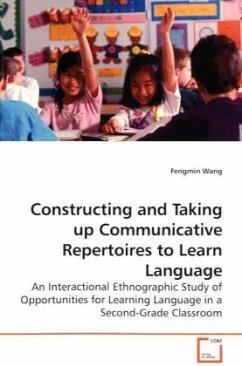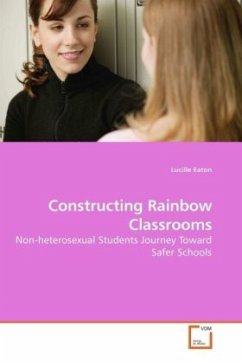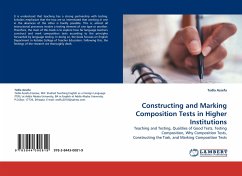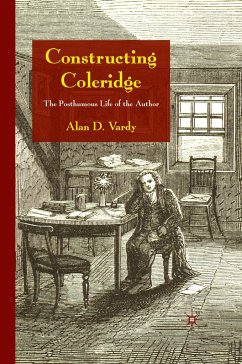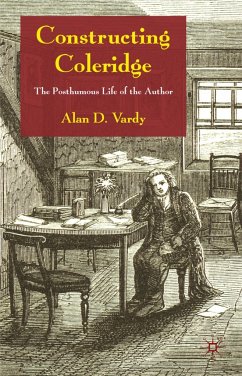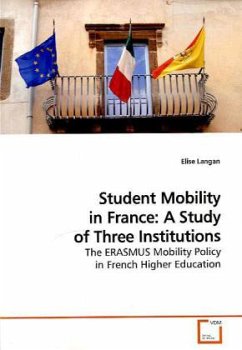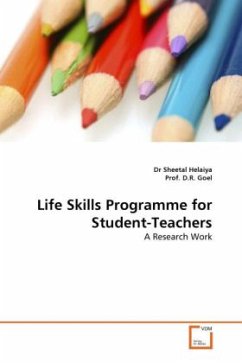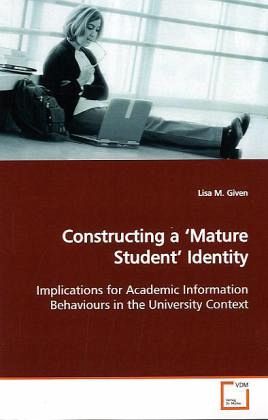
Constructing a Mature Student Identity
Implications for Academic Information Behaviours in the University Context
Versandkostenfrei!
Versandfertig in 6-10 Tagen
52,99 €
inkl. MwSt.

PAYBACK Punkte
26 °P sammeln!
Advocates of lifelong learning promise positivechange for individuals and society; however, thetransition to university is not easy for maturestudents. The discourse of the typical 'student'identity (marked by a youthful freedom from parentalcontrol) marginalizes many adult learners, who areportrayed as focusing mainly on parenting, employmentor other 'adult' issues. The social acceptance ofthese competing discourses, and their influence onacademic policy, affects both the construction of a student identity and students academic informationbehaviours. This book presents the results of astudy, ...
Advocates of lifelong learning promise positive
change for individuals and society; however, the
transition to university is not easy for mature
students. The discourse of the typical 'student'
identity (marked by a youthful freedom from parental
control) marginalizes many adult learners, who are
portrayed as focusing mainly on parenting, employment
or other 'adult' issues. The social acceptance of
these competing discourses, and their influence on
academic policy, affects both the construction of a student identity and students academic information
behaviours. This book presents the results of a
study, grounded in a postmodern framework of social
constructionism, which explores student identities
and the academic and informational experiences of
mature students returning to undergraduate studies.
The project combined qualitative interviews with
students, discourse analysis of the university and
social texts on student life, and a quantitative
examination of the Canadian Census. The findings call
for future research and academic practices that are
designed to suit students individual academic and
informational needs, rather than stereotypical
discursive constructions.
change for individuals and society; however, the
transition to university is not easy for mature
students. The discourse of the typical 'student'
identity (marked by a youthful freedom from parental
control) marginalizes many adult learners, who are
portrayed as focusing mainly on parenting, employment
or other 'adult' issues. The social acceptance of
these competing discourses, and their influence on
academic policy, affects both the construction of a student identity and students academic information
behaviours. This book presents the results of a
study, grounded in a postmodern framework of social
constructionism, which explores student identities
and the academic and informational experiences of
mature students returning to undergraduate studies.
The project combined qualitative interviews with
students, discourse analysis of the university and
social texts on student life, and a quantitative
examination of the Canadian Census. The findings call
for future research and academic practices that are
designed to suit students individual academic and
informational needs, rather than stereotypical
discursive constructions.




